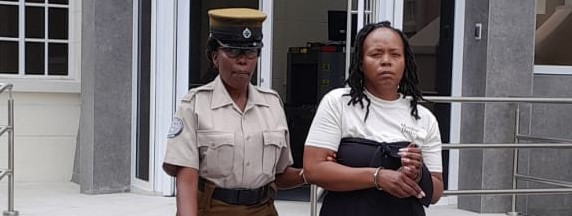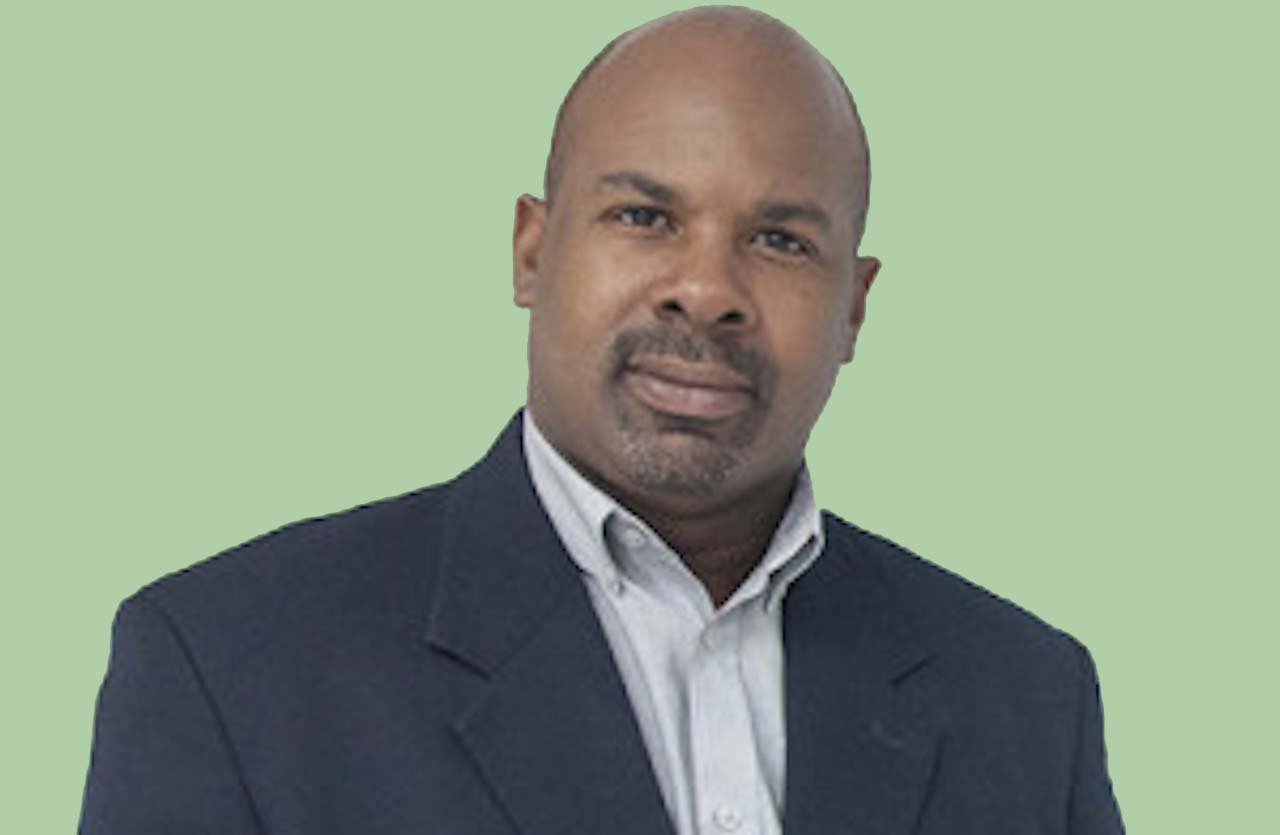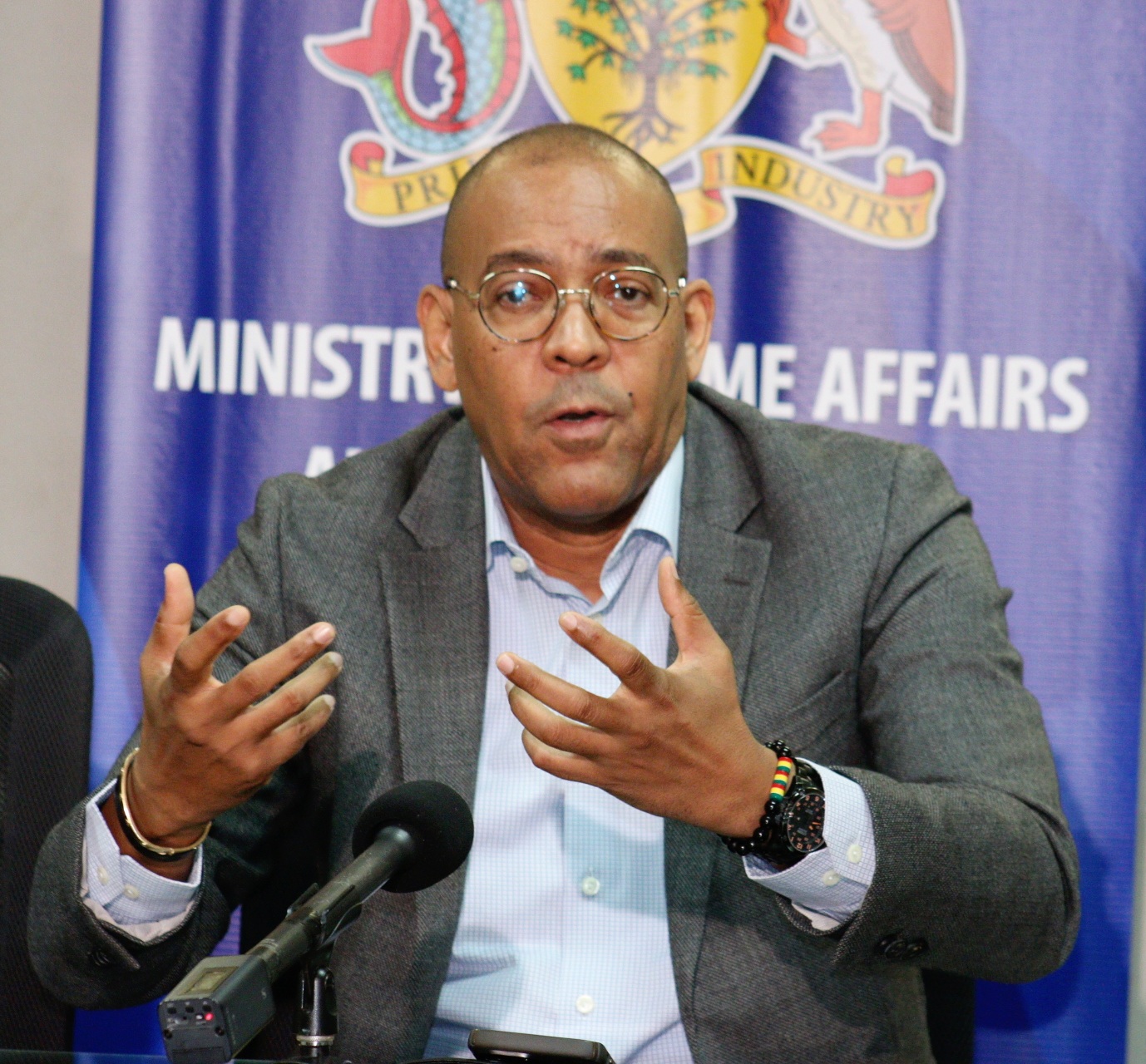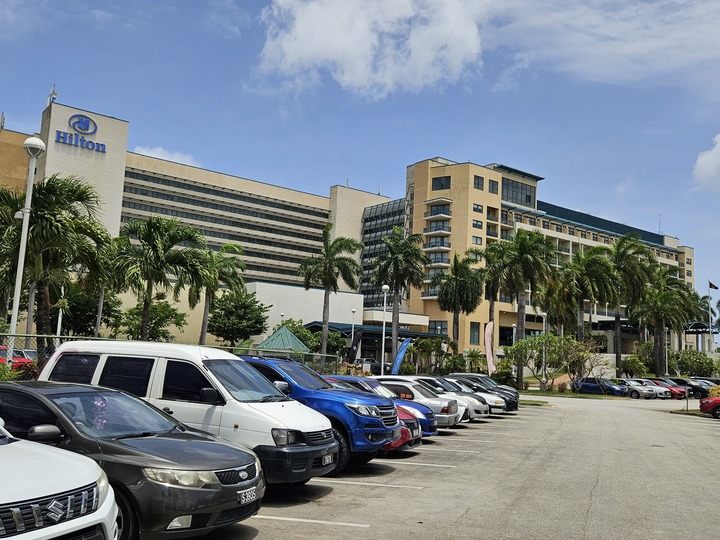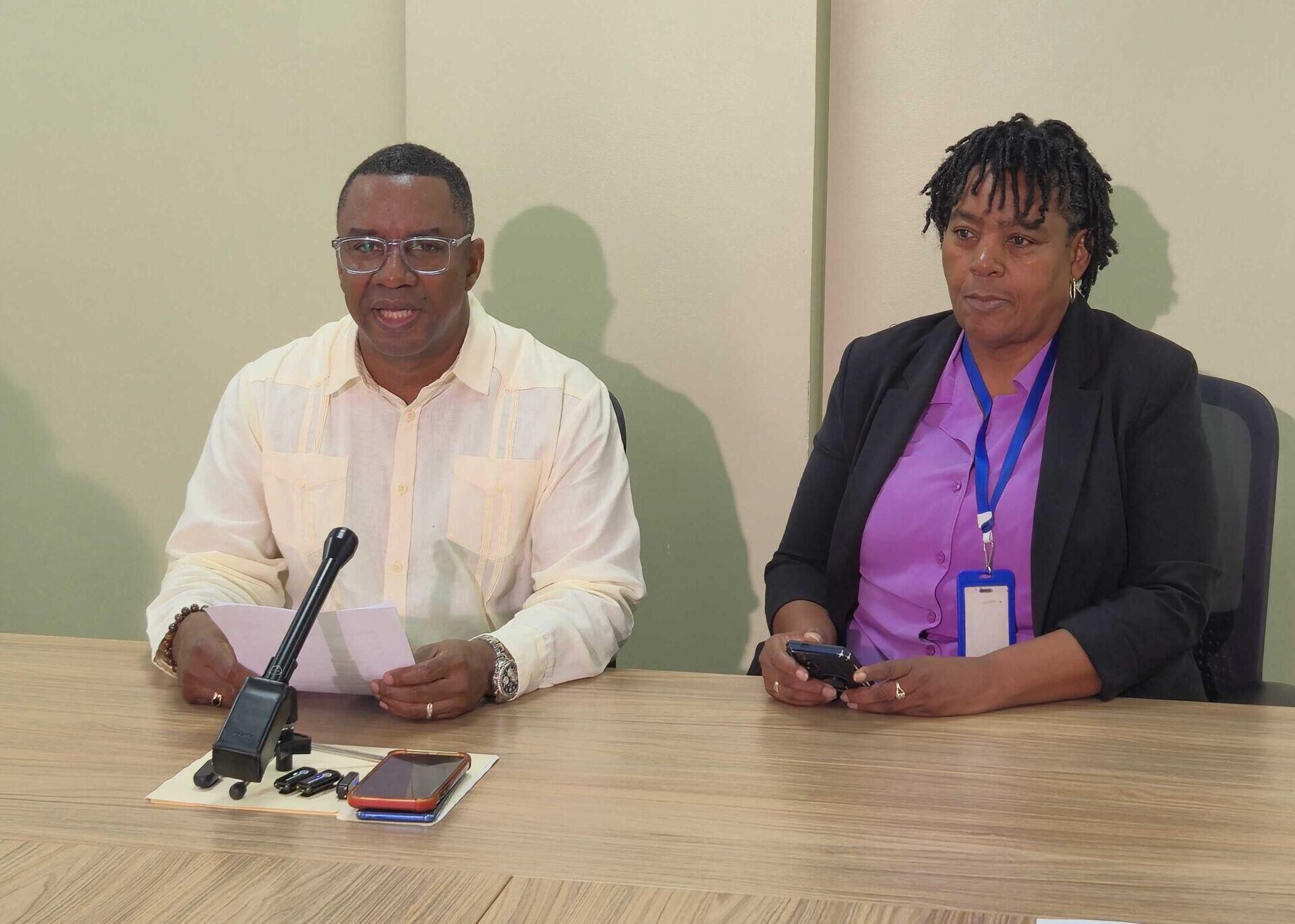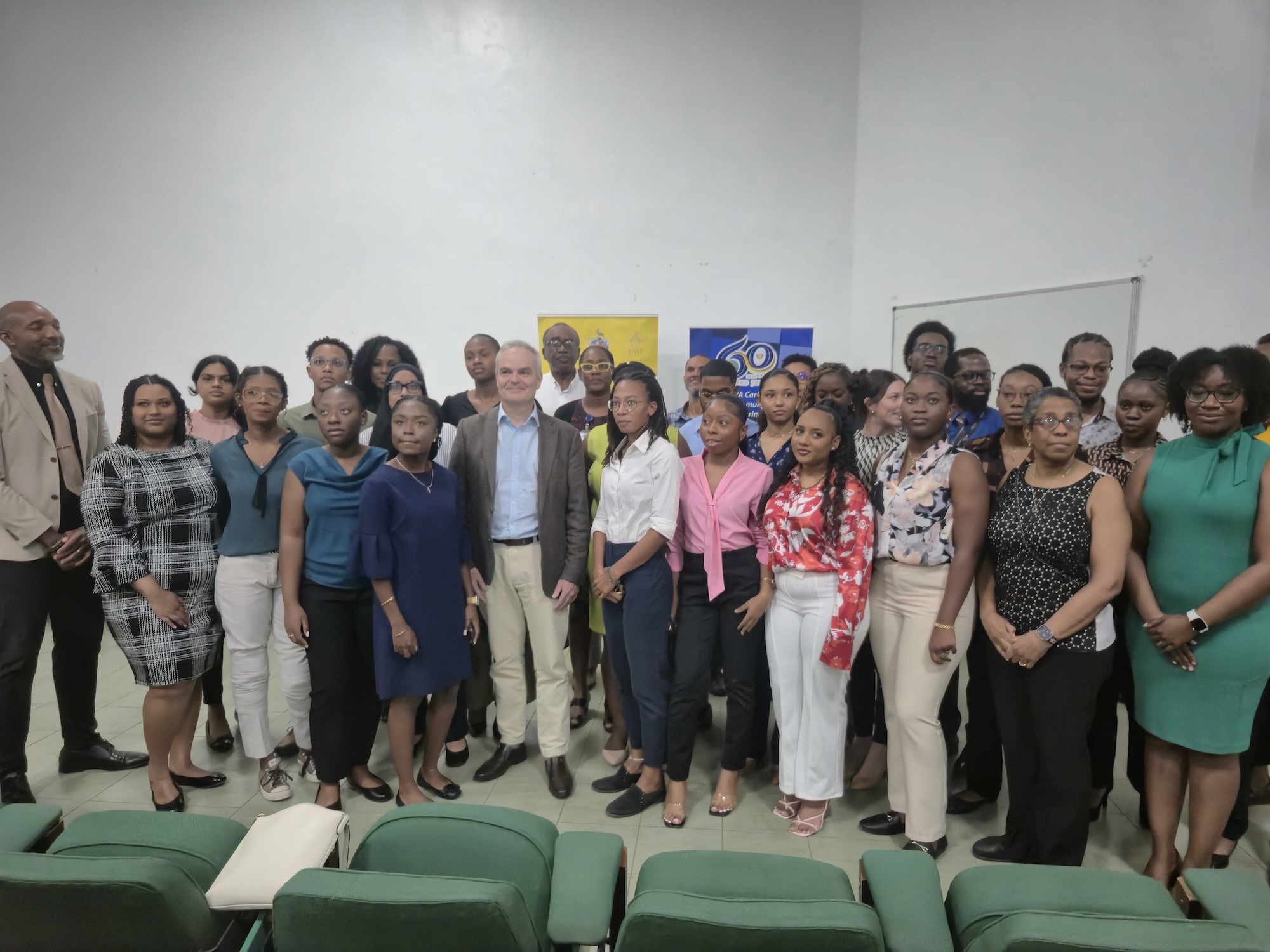Michelle McElwee, a 44-year-old real estate agent from Los Angeles, California, found herself in legal trouble instead of enjoying the Grand Kadooment festival in Barbados. McElwee’s disruptive conduct aboard an Air Canada flight on July 30 led to her arrest and subsequent court appearance. She pleaded guilty to five charges, including refusing to comply with a flight crew member’s lawful instructions, assaulting both a crew member and a Barbados police officer, and possessing three grams of cannabis. The incident unfolded when McElwee became aggressive, swore at the crew, and resisted directions. The captain requested her removal for the safety of passengers and crew, prompting police intervention. Upon searching her luggage at the airport, officers discovered a package suspected to contain liquefied cannabis. McElwee claimed it was for relaxation. Further resistance occurred when she concealed an object under her breast and refused to surrender it, pushing the officer attempting to retrieve it. Her defense attorney, Mohia Ma’at, highlighted her nine-day detention at Dodds Prison and her health issues, including a mild heart attack during her stay. McElwee, a mental health therapist, apologized for her behavior, expressing remorse to the crew, police, and passengers. Chief Magistrate Ian Weekes emphasized the need for accountability, ordering her to compensate the police officer $2,000 within seven days or face 30 days in jail. She was convicted and reprimanded for the other offenses and is set to return to court on Monday.
博客
-

FLASH : Back to school October 1st (2025-2026 calendar)
The Ministry of National Education in Haiti has officially declared that the 2025-2026 academic year will commence on Wednesday, October 1st, 2025. This announcement, aimed at the general public and the educational community, outlines a structured calendar featuring 186 school days and 11 days off. The total instructional hours are set at 844 for preschool, 930 for elementary education, and 1,116 for secondary education.
-
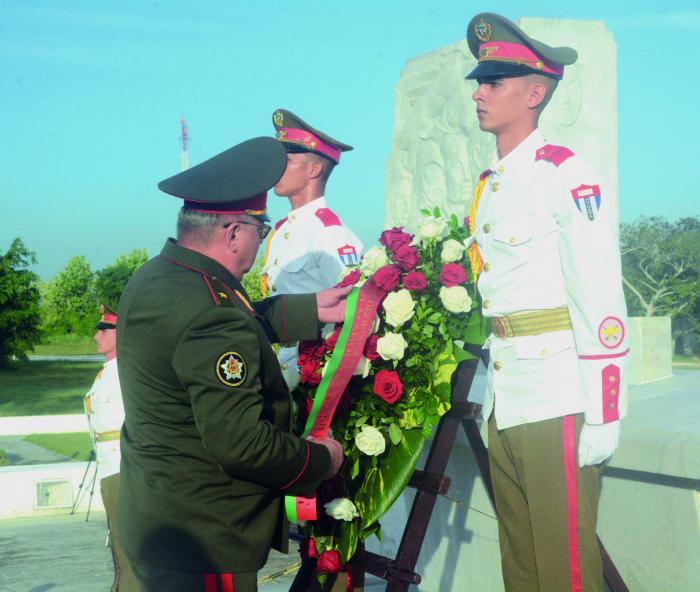
Another step in the consolidation of ties between Cuba and Belarus
In a significant display of diplomatic camaraderie, Major General Pavel Nikolaevich Muraveiko, Chief of the General Staff of the Armed Forces of Belarus and first deputy Minister of Defense, emphasized the shared global perspectives between Belarus and Cuba during his first official visit to the island nation. The high-ranking official expressed his gratitude for the warm reception extended by the Cuban people, describing it as a testament to the brotherly relations between the two countries. Speaking at the Cacahual Mausoleum, General Muraveiko highlighted the alignment of both nations’ views on global issues and the military-political landscape, underscoring the importance of exchanging experiences and opinions to bolster bilateral collaboration. His visit, marked by a packed itinerary, included tours of military units and industrial facilities, as well as insights into the training processes at Cuban military academies. The Belarusian delegation also paid homage to Cuban historical figures, including Antonio Maceo and Panchito Gómez Toro, whose remains are interred at the Mausoleum. Army Corps General Roberto Legrá Sotolongo, first deputy minister of the Revolutionary Armed Forces of Cuba, underscored the importance of preserving history as a means of safeguarding national identity. The visit concluded with a mutual commitment to further strengthen the strategic partnership between Belarus and Cuba, rooted in shared values and historical ties.
-
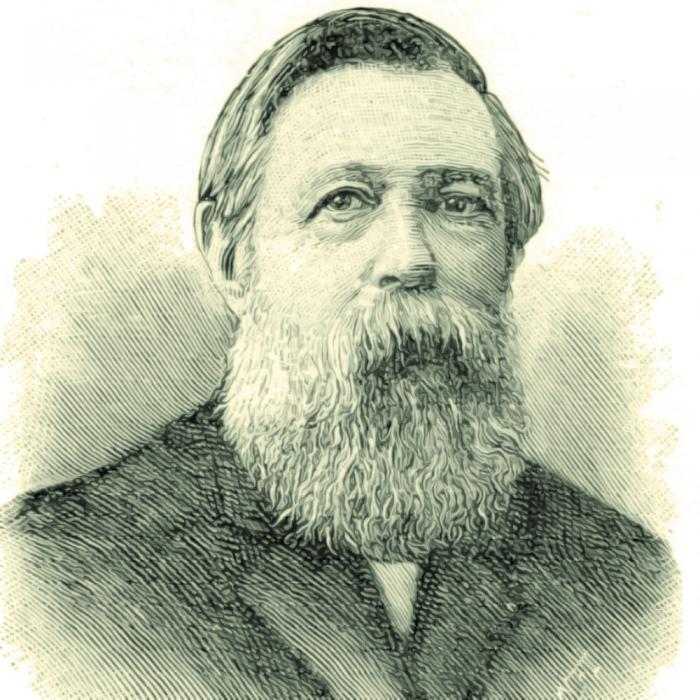
Revolution is the supreme act of politics
One hundred and thirty years after his passing, Frederick Engels’ revolutionary ideas continue to resonate, shaping the struggle for the emancipation of the working class. Known as ‘The General’ among his peers, Engels, alongside Karl Marx, spearheaded the proletarian movement, leaving an indelible mark on history. Pablo Lafargue, a Cuban physician and socialist thinker, eulogized Engels, emphasizing the enduring unity and strength of the proletariat inspired by their shared vision. Born in 1820, Engels co-authored seminal works such as ‘The Communist Manifesto’ and ‘The German Ideology,’ while also contributing independently with texts like ‘Anti-Dühring’ and ‘The Origin of the Family, Private Property and the State.’ His intellectual legacy, rooted in dialectical materialism, remains a cornerstone of social sciences. Hassán Pérez Casabona, a Doctor in Historical Sciences, highlights Engels’ foresight in advocating for multidisciplinary education to empower the working class. Engels’ 1893 message to socialist students underscored the necessity of expertise in fields like medicine, engineering, and agronomy for societal transformation. His vision anticipated modern emphasis on science, research, and innovation. Fidel Castro, inspired by Engels’ ideas, harnessed this intellectual force to drive the Cuban Revolution, from the Moncada program to the 1961 Literacy Campaign, fostering a nation of scientists. Today, Cuba’s model of collective intelligence and human capital stands as a testament to the teachings of Engels, Marx, Lenin, and Martí. Engels’ revolutionary deeds and his belief in the supremacy of political revolution continue to inspire, proving that his legacy is as vital now as it was over a century ago.
-
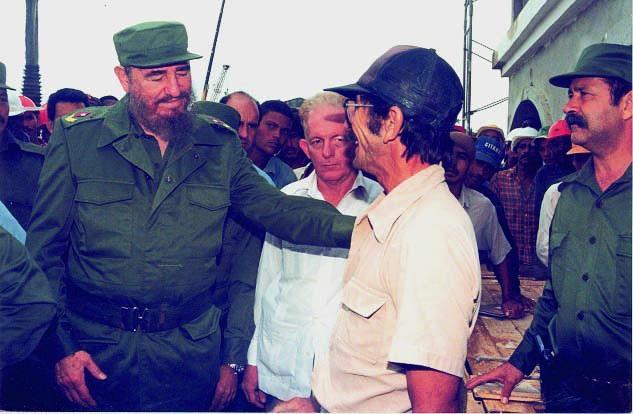
Fidel’s causeways: A bold step towards tourism development
In the heart of the Caribbean, a bold vision by Commander-in-Chief Fidel Castro Ruz has reshaped Cuba’s tourism industry. What was once dismissed as madness or whimsy has proven to be a masterstroke in economic and tourism development. The construction of causeways connecting remote keys to the mainland has transformed forgotten, pristine regions into world-renowned sun and beach destinations. These engineering marvels, built under harsh conditions, have unlocked the potential of areas like Cayo Coco, Cayo Guillermo, and Santa María Key, turning them into thriving hubs of sustainable tourism. The causeways, spanning kilometers over the sea, symbolize Cuba’s determination to overcome isolation and achieve self-reliance. Today, these destinations boast over 11,000 hotel rooms, attract hundreds of thousands of visitors annually, and are recognized as Biosphere Reserves for their harmonious blend of nature and development. This project stands as a testament to Cuba’s capacity for innovation and perseverance, showcasing the nation’s commitment to sustainable growth and environmental preservation.
